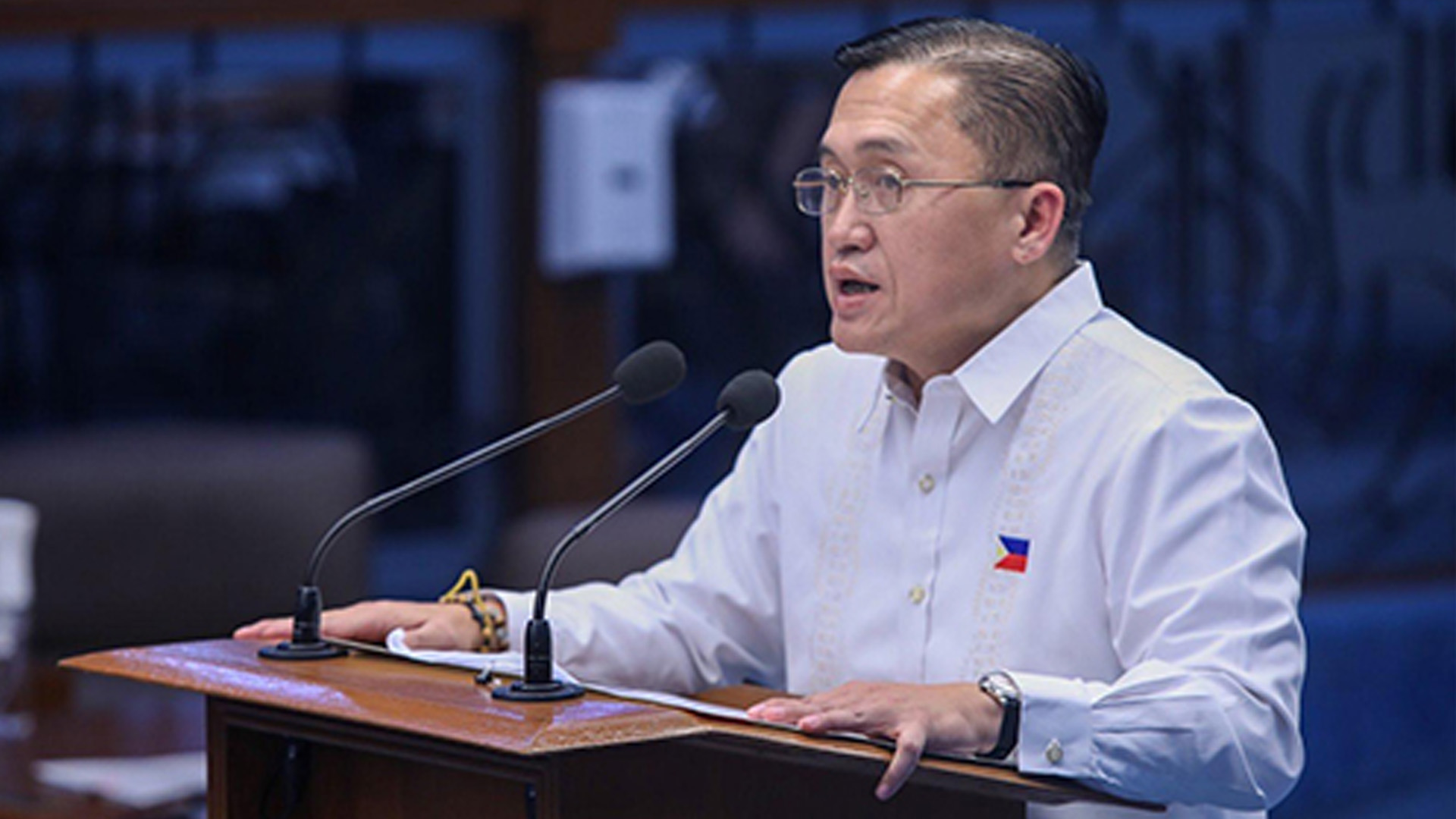Senator Christopher “Bong” Go reiterated his commitment to support freelance workers as the Philippines secured its place as one of the top global remote work hubs.
“In a world marked by unprecedented changes brought about by the COVID-19 pandemic and other global crises, the way we work and where we work has evolved significantly. The rise of remote work is fast becoming a hub for freelance workers,” Go said.
“Remote work has opened up opportunities for Filipinos to work from the comfort of their own homes or from locations that suit their needs. It has also allowed individuals from around the world to tap into the rich talent pool that the Philippines offers. The growth of the remote work sector has not only provided more employment opportunities but has also contributed to the country’s economy,” he added.
The World Economic Forum (WEF) recently posted on Instagram the ten fastest-growing remote work hubs in the world based on data from the Nomad List, a platform where over 10,000 members log their remote work locations. The Philippines is in the 7th position on the list, which included other ideal destinations across Asia, South America, and Europe. From 2018 to 2022, the country witnessed a 78 percent increase in remote work opportunities.
In 2023, based on the data from the first ten months, the country is still on the rise with a 60 percent growth rate. Last year, the growth rate was 1,183 percent, showcasing the rapid expansion of the remote work ecosystem in the country.
Go, a member of the Senate Committee on Labor, has been a vocal advocate of the rights and welfare of freelance workers. He has consistently pushed for policies that support the growth of remote work and freelancing in the country as vehicles for more economic opportunities for Filipinos.
“Maraming nawalan ng trabaho noong pandemya. Dagdag pa rito ang economic impact ng mga pandaigdigang krisis at pagtaas ng inflation. Kaya importante na masuportahan natin ang mga industriya na makakapagbigay ng dagdag na pagkakakitaan ang mga Pilipino,” Go explained.
“Dahil rin sa nature ng remote work na kahit saan ay pwede magtrabaho, magandang oportunidad ito sa ating mga kababayan na naghahanap ng mas maayos o mas mataas na pagkakakitaan pandagdag sa kailangan ng kanilang pamilya lalo na ngayon na tumataas ang presyo ng mga bilihin,” he added.
With this, Go filed Senate Bill No. (SBN) 2107 or the “Freelance Workers Protection Act.” The proposed legislation is designed to establish safeguards and incentives for freelance workers, emphasizing the importance of acknowledging their rights and guaranteeing fair compensation for their services.
In the bill’s explanatory note, Go emphasized the growing trend of Filipinos turning to freelancing as a source of income, a trend that has notably surged during the recent years of the pandemic.
According to the proposed legislation, any entity engaging the services of a freelance worker must formalize the arrangement through a written contract before the commencement of services.
If this bill becomes law, it will also mandate an initial payment of no less than 30% of the contract price at the start of the engagement. For freelance workers required to work during nighttime hours, they should receive a night shift differential of at least 10% of their standard compensation.
Furthermore, all freelance workers assigned to hazardous areas must be granted hazard pay, equivalent to a minimum of 25% of their total compensation for the period spent in such high-risk environments. Additionally, the bill outlaws certain illicit practices, such as engaging with a freelance worker without a written contract.
In the event that this bill is enacted, the Department of Labor and Employment (DOLE) will be responsible for investigating complaints regarding potential violations of this proposed law.
Earlier this year, Go also introduced SBN 1705, which proposes an increase in the service incentive leave for private sector employees. Additionally, SBN 1707 was also put forward, aiming to provide competitive remuneration and compensation packages for social workers in the country.
Moreover, Go also filed SBN 1183, known as the “Media and Entertainment Workers’ Welfare Act.” This proposed legislation aims to enhance the protection, security, and incentives for media workers by introducing measures such as additional health insurance coverage, overtime and night differential pay, and other benefits.
To address the employment needs of individuals residing in rural areas with limited job opportunities, Go also filed SBN 420. This bill seeks to offer temporary employment to eligible members of low-income rural households who are willing to engage in unskilled physical labor for a specified duration.
Furthermore, Go introduced SBN 1184 and 1191, which focus on strengthening the welfare and interests of the country’s delivery service riders and seafarers, respectively.
“Suportahan natin ang mga manggagawang Pilipino. Bigyan natin sila ng sapat na proteksyon at benepisyo para makabangon mula sa hirap, malampasan ang mga hamon ng panahon, at makapagbigay ng mas maayos na kinabukasan sa kanilang pamilya,” Go appealed.






















